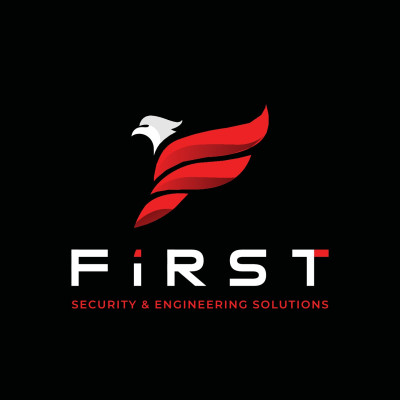Share
Print

TOPIC ID: HORIZON-JU-CBE-2025-IA-01
Type of grant: Call for proposals
General information
Programme:
Call: Circular Bio-based Europe Joint Undertaking (HORIZON-JU-CBE-2025)
Type of action: HORIZON-JU-IA HORIZON JU Innovation Actions
Type of MGA: HORIZON Action Grant Budget-Based [HORIZON-AG]
Status: Open for submission
Deadline model: single-stage
Opening Date: 03 April 2025
Deadline dates: 18 September 2025 17:00 (Brussels time)
Topic description
Expected Outcome:
Successful proposals will contribute to EU Initiative on Biotech and Biomanufacturing, the EU Bioeconomy Strategy and its action plan, as well as the Zero Pollution Action Plan, the implementation of the EU strategy for a Sustainable Blue Economy and address the EC Communication ‘Towards a Strong and Sustainable EU Algae Sector’. Significant contribution is also expected to the objectives of the Mission "Restore our Ocean and Waters by 2030" in particular to Objective 3: "Make the blue economy carbon-neutral and circular".
Projects results are expected to contribute to the following expected outcomes:
Scope:
Whether exploiting its biomass or genetic potential, the aquatic environment may play a major role in a sustainable bioeconomy. It may help reduce pressure on land and contribute in a sustainable and more diverse manner with the supply of sustainable biomass for food, feed and other industry applications. Design and engineering principles for marine biorefining are less developed compared to biorefineries for terrestrial crops. The development of sustainable, stable and scalable cultivation technologies, as well as addressing sustainable and cost-efficient harvesting, product extraction and biorefinery processes, represent the main challenges of algal biotechnology for production of high-value or bulk products.At the same time, care must be taken to avoid any detrimental effect on marine ecosystems and biodiversity from macroalgae cultivation (especially when carried out in open environments), even contributing to their regeneration.
Proposals under this topic should:
